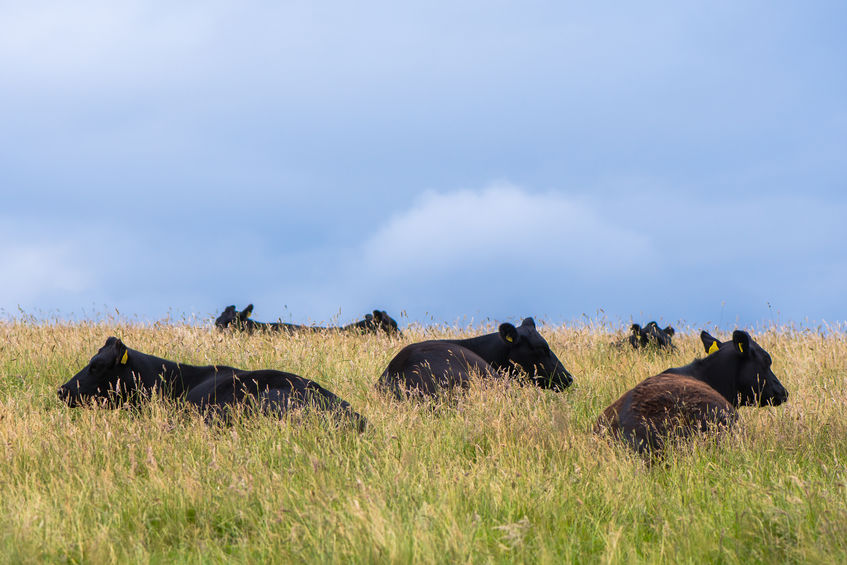
An article by the Guardian which states 18 reasons to adopt a meat-free diet has been criticised by the NFU for being 'overly simplistic'.
The article, by environment editor Damian Carrington, lays out arguments for eating animal-based products, and then 'debunks' them case by case from a vegan perspective.
"The evidence is clear: whichever healthy and sustainable diet you choose, it is going to have much less red meat and dairy than today’s standard western diets, and quite possibly none," Mr Carrington said.
NFU deputy president Stuart Roberts has written to the newspaper in response, criticising the piece for turning the 'complex topic' of climate change into a 'binary discussion'.
The best way to be as environmentally-friendly as possible when eating red meat, Mr Roberts said, was to buy British products produced using sustainable methods.
He added that it was not the case that 'all beef products were worse than avocados, or vice versa'.
"You can grow avocados, almonds and palm oil unsustainably, or you can grow them to certifiable high environmental standards, just as with beef," the deputy president said in the letter.
"Limiting the discussion to red meat, without considering the sustainability of specific production systems, means limiting our progress when it comes to climate change."
Cutting out meat was 'not going to solve' the climate crisis, he said: "Yes, diet has a part to play, but any decisions need to be based on production systems – not the product itself."
Currently, British farmers are working towards an industry goal of becoming net-zero agriculture by 2040, ten years ahead of the wider UK goal.
"In Britain, our farmers are already leading the way in climate-friendly food production," Mr Roberts said.
"I find it concerning that this article did not recognise this industry-leading ambition."
